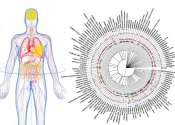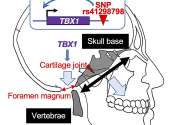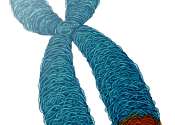A shortcut for drug discovery: Novel method predicts on a large scale how small molecules interact with proteins
For most human proteins, there are no small molecules known to bind them chemically (so-called "ligands"). Ligands frequently represent important starting points for drug development but this knowledge gap critically hampers ...









